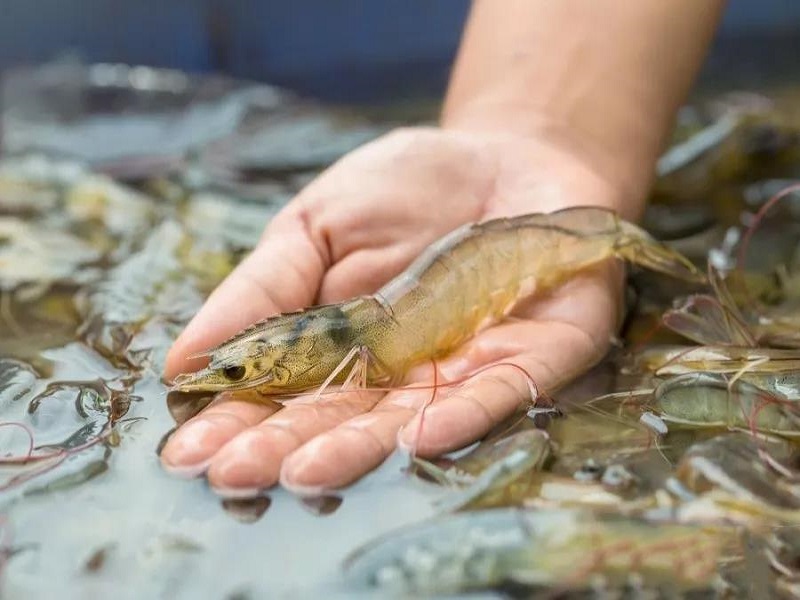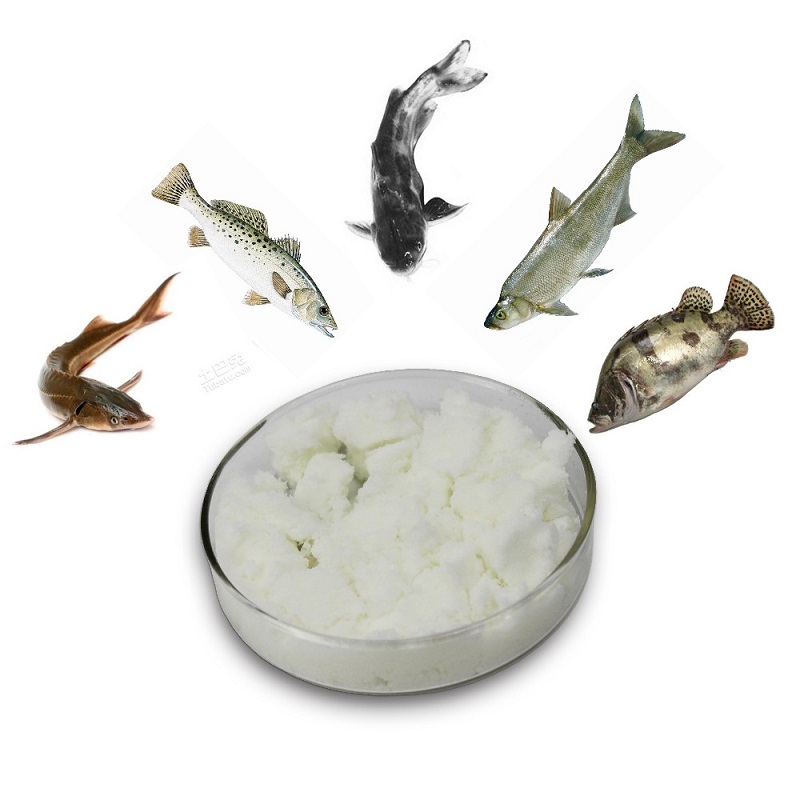Potassium diformate, as an organic acid reagent in aquaculture, the lower intestinal pH, enhance buffer release, inhibit pathogenic bacteria and promote beneficial bacterial growth, improve shrimp enteritis and growth performance.
Meanwhile, its potassium ions enhance the stress resistance of shrimp, regulate water quality, and improve feed utilization efficiency.
In addition to probiotics and plant-based preparations, acidifiers are also commonly used sustainable nutritional products in aquaculture. At present, potassium diformate is a widely used organic acid reagent in aquaculture.
Potassium diformate has a dual salt formic acid molecular structure, which can effectively reduce the pH value in the intestine, enhance the release of buffer solution, and stimulate the production of liver and pancreas enzymes. Meanwhile, formic acid can inhibit the spread of pathogenic bacteria in the digestive tract, acidify their metabolic functions, and ultimately lead to the death of pathogenic bacteria. In addition, beneficial bacteria such as lactobacilli and bifidobacteria help maintain intestinal health and promote good growth performance of shrimp.
Potassium diformate plays an important role in aquaculture, and its bactericidal and intestinal protective effects help improve shrimp enteritis. It can slowly release in the digestive tract, reduce pH value, and inhibit the growth of harmful bacteria. Meanwhile, formate anions can decompose bacterial cell wall proteins, exerting bactericidal and bacteriostatic effects.
Potassium diformate can also promote the growth of shrimp. It can pass through the animal's stomach in its complete form, enter the weakly alkaline intestinal environment, and decompose into formic acid and formate salts, exhibiting strong antibacterial and bactericidal effects, keeping the intestine in a "sterile" state, thereby promoting growth.
In addition, the potassium ions released by potassium diformate can enhance the stress resistance of shrimp and maintain intestinal health. It can not only improve the utilization rate of feed protein, promote the feeding and growth performance of shrimp, but also regulate the pH value of water and improve water quality.
Post time: Jan-06-2025







